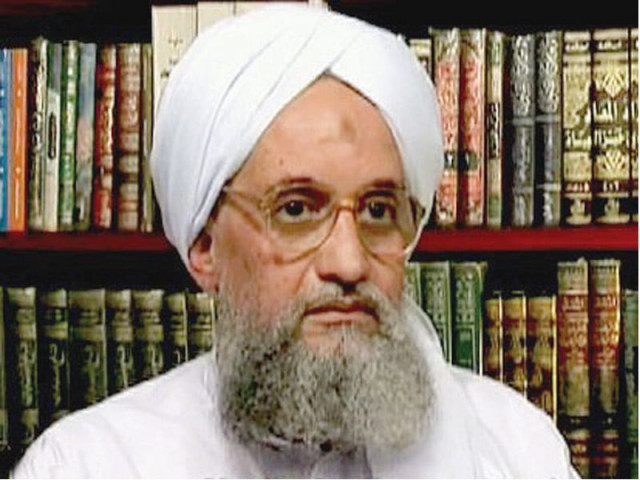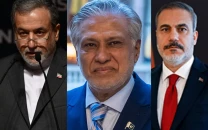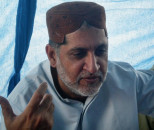Al Qaeda chief ’s ghost continues to haunt Pak
Islamabad dispels impression of any hand in his killing

Pakistan has officially distanced itself from the recent CIA drone strike that killed al-Qaeda chief Ayman-al Zawahiri in neighbouring Afghanistan, saying neither did the drone fly from its soil, nor was airspace used.
Zawahiri, who had a $25 million bounty on his head, was killed in a CIA drone strike in Kabul on Sunday. The al-Qaeda chief was standing at the balcony of the house in an upscale neighbourhood of the Afghan capital when he was targeted by the US through over-the-horizon capability.
Since his killing there were questions asked about the role played by Pakistan or whether the US used its air space. The US officials were not forthcoming in revealing the exact nature of the plan they executed in eliminating the most-wanted man.
This led to speculations that Pakistan might be the country of choice that provided air space and possible critical intelligence. The speculations became more intense because just 48 hours before the strike, a senior US general spoke to Army chief General Qamar Javed Bajwa.
At a weekly news briefing on Thursday, the Foreign Office spokesperson was asked a series of questions, including reports of the use of Pakistani air space and intelligence cooperation between the two countries on taking out the al-Qaeda chief.
“There is no evidence of this action having been undertaken using Pakistan's airspace, so this is something that I can add to that,” Asim Iftikhar said.
When the spokesperson was pressed to respond that whether Pakistan supports such counter-terrorism operations, he stressed that “Pakistan stands by countering terrorism in accordance with international law and the relevant UN resolutions”.
Asked further whether he was referring to the multiple resolutions passed by the UNSC against al-Qaeda, the spokesperson said he was referring to various resolutions of the UN on countering terrorism, and they encompass different aspects of counter-terrorism.
“There are various international obligations under these resolutions. Regarding al-Qaeda, I think it is clear that it is a terrorist entity, which is listed under the UN Security Council sanctions regime and states are under obligation to take actions that are prescribed by the UN Security Council,” he added clarifying Pakistan’s stance.
“As you know, Pakistan has in the past, taken resolute actions and supported the efforts of the international community in fighting terrorism and particularly, you know, some of the notable success against al-Qaeda was possible because of Pakistan's role and contribution,” the spokesperson noted.
Nevertheless, Pakistan’s official reaction was cautious with regard to the killing of Zawahiri and reference to the relevant international law and UN resolutions suggested that Islamabad indirectly opposed such operations.
Observers believe that Pakistan’s careful statement seems to be aimed at maintaining a delicate balance and discouraging the big powers to violate the sovereignty of other countries under the pretext of countering terrorism.
Pakistan’s opposition to such an approach stems from its fears that other regional countries particularly India may use the same pretext to violate its territorial integrity and sovereignty.
It was because of this reason that Pakistan had strongly opposed and protested the US secret raid to kill Osama bin Laden in May 2011 in Abbottabad.



















COMMENTS
Comments are moderated and generally will be posted if they are on-topic and not abusive.
For more information, please see our Comments FAQ